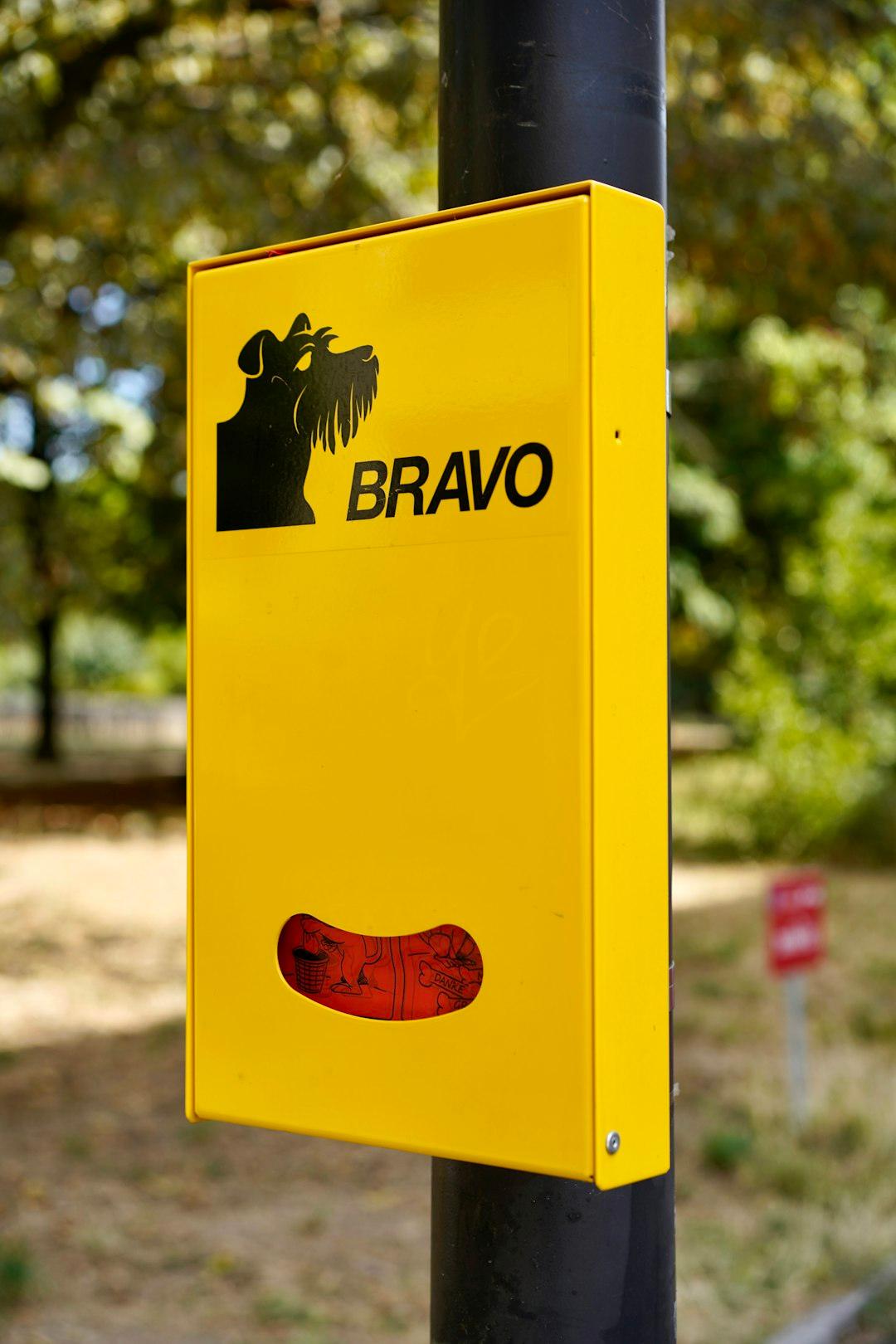
The Environmental Impact of Pet Waste: A Closer Look
Share
As pet owners, we adore our furry companions, whether they are dogs, cats, or any other pets that bring joy to our lives. However, what many of us may not realize is the environmental impact that pet waste can have on our planet. In this article, we will delve into the repercussions of pet waste on the environment, providing insights into the importance of responsible pet waste management.
The Problem with Pet Waste
While pets bring happiness and companionship, their waste can pose significant environmental challenges if not handled correctly. The issue lies in the fact that pet waste contains harmful bacteria, parasites, and nutrients that can infiltrate our soil and water systems.
Unlike the natural breakdown of waste from wild animals, pet waste often ends up in urban areas, where it gets washed into storm drains and eventually makes its way into rivers, lakes, and oceans. This can lead to contamination of water sources, endangering aquatic life and compromising water quality.
Impact on Water Quality
One of the primary concerns regarding pet waste is its impact on water quality. When pet waste is left on the ground, rainwater can wash away the bacteria and nutrients into nearby bodies of water. This can result in algae blooms, decreased oxygen levels, and overall ecological imbalance.
Furthermore, the presence of harmful pathogens in pet waste can pose health risks to both animals and humans. For example, the bacteria found in pet waste, such as E. coli and salmonella, can contaminate water sources and cause illnesses if ingested.
Responsible Pet Waste Management
To mitigate the environmental impact of pet waste, responsible pet waste management practices are essential. One simple but effective way to address this issue is by picking up after our pets and properly disposing of their waste.
By cleaning up after our pets, we can prevent harmful bacteria from seeping into the ground and water sources. Using biodegradable bags to collect pet waste can also reduce environmental harm, as these bags break down more easily compared to traditional plastic bags.
Composting Pet Waste
For those looking for a more sustainable approach, composting pet waste is an eco-friendly solution. While pet waste should not be composted in traditional backyard compost bins, there are specialized composting systems available that can safely break down pet waste.
Composted pet waste can then be used as a natural fertilizer for non-edible plants, contributing to a circular and environmentally friendly waste management process.
Pet Waste in Urban Environments
Urban areas face a unique challenge when it comes to pet waste management. The high concentration of pets in cities means that pet waste accumulation can become a significant issue if left unaddressed.
Local governments and communities can play a vital role in promoting responsible pet waste practices by installing pet waste stations in parks and public areas. These stations provide pet owners with convenient access to waste bags and disposal bins, encouraging them to clean up after their pets.
Education and Awareness
Education is key to fostering a culture of responsible pet ownership and waste management. Pet owners should be informed about the environmental impact of pet waste and the importance of proper disposal methods.
Through initiatives such as Pet News campaigns and community outreach programs, awareness about the consequences of pet waste pollution can be raised, prompting positive behavioral change among pet owners.
Conclusion: Paws for Thought
As pet lovers, it is our responsibility to ensure that our furry friends' waste does not harm the environment. By embracing responsible pet waste management practices, such as proper cleanup, composting, and education, we can make a positive impact on the planet and create a healthier environment for future generations.

